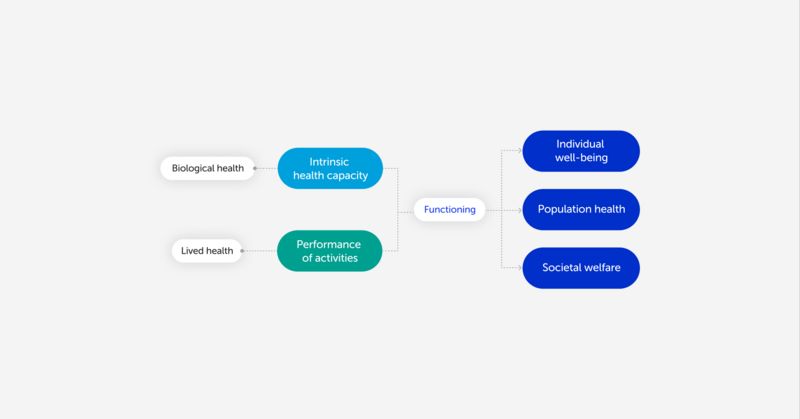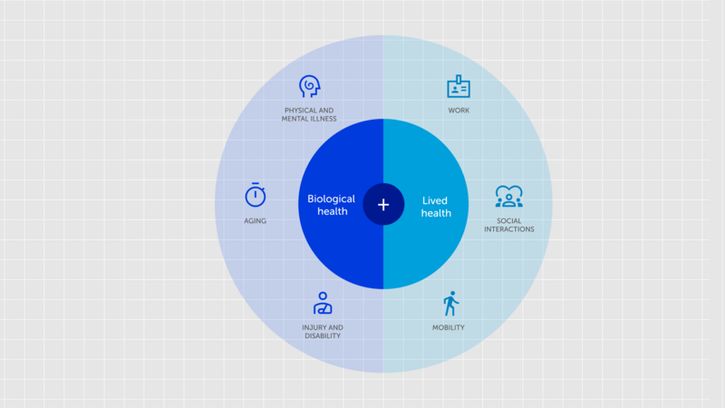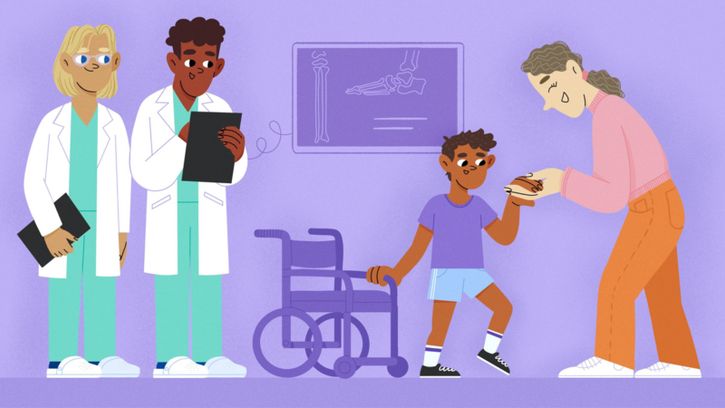
Frontiers in Science Lead Article
Published on 31 May 2023
The human functioning revolution: implications for health systems and sciences
- 43,984 views
- 62 citations


Frontiers in Science Lead Article
Published on 31 May 2023

At a Frontiers Forum Deep Dive session on 5 December 2023, Professors Gerold Stucki, Jerome Bickenbach, Sara Rubinelli, and other renowned researchers delved into the next steps required to integrate biological and lived experiences of health – human functioning – into healthcare systems.

Francesca Colombo, health division head at the Organization for Economic Co-operation and Development (OECD), discusses how functioning aligns with a shift to health systems that deliver what people need, reduce waste, and enable resilience.

Prof Walter Frontera, of the University of Puerto Rico, explains why it's time to make human functioning a priority in science, clinical medicine, health policy, and health systems.

Prof Hannah Kuper and Prof Morgon Banks, of the London School of Hygiene & Tropical Medicine, explore the complexities of measuring human functioning in clinical settings.

Aleksandra Posarac, former World Bank economist, discusses the slow adoption of functioning into medical care and how this could be overcome through its inclusion into disability assessment.

The lead article authors discuss how they became interested in the field, how human functioning is different from current medical approaches, and more.

Submissions open: This Research Topic in Frontiers in Rehabilitation Sciences welcomes manuscripts that demonstrate how rehabilitation can be a catalyst for social inclusion, promoting equitable access to opportunities in education, employment, community life, and decision-making
The concept of functioning integrates biological health (the bodily functions and structures that constitute a person’s intrinsic health capacity) and lived health (a person’s actual performance of activities in interaction with their environment).
Functioning is the bridge that links health to individual well-being and societal welfare – thereby accounting for the value of health and potentially unlocking investment and progress toward achieving the United Nations Sustainable Development Goal (SDG) 3.
A paradigm shift implementing functioning as the third indicator of health (complementing mortality and morbidity) could profoundly benefit practices, research, and policy across health systems and health strategies.
Functioning also provides a basis for reconceptualizing multidisciplinary health sciences; a new interdisciplinary science field – human functioning sciences – itself holds promise to integrate diverse research inputs and methods to provide a fuller understanding of human health.
To realize the opportunities offered by this rethinking of health, we must address formidable methodological, implementation, and communication challenges within health systems and society.

A summary of the lead article in a Q&A format, with infographics and a video.

A version of the lead article written for – and peer reviewed by – kids aged 8-15 years.

Is there more to health than just the absence of disease? According to a team of researchers from Swiss Paraplegic Research and the University of Lucerne, the answer is a resounding ‘yes’.

The term 'well-being' entered popular vocabulary during the Covid-19 pandemic soon after 'lockdown' and 'quarantine'. We quickly discovered that without the ability to take walks, socialize, and work, our well-being suffered. Health was suddenly more than just the state of our bodies – it also depended on our ability to engage in activities that matter to us.

Human functioning focuses on how any one person can live their best life.

The main measure of a country’s performance, and therefore its ‘success’, is the gross domestic product (GDP). But does a high GDP mean that a country is doing well for its people? Not necessarily.
Follow the science, follow Frontiers in Science